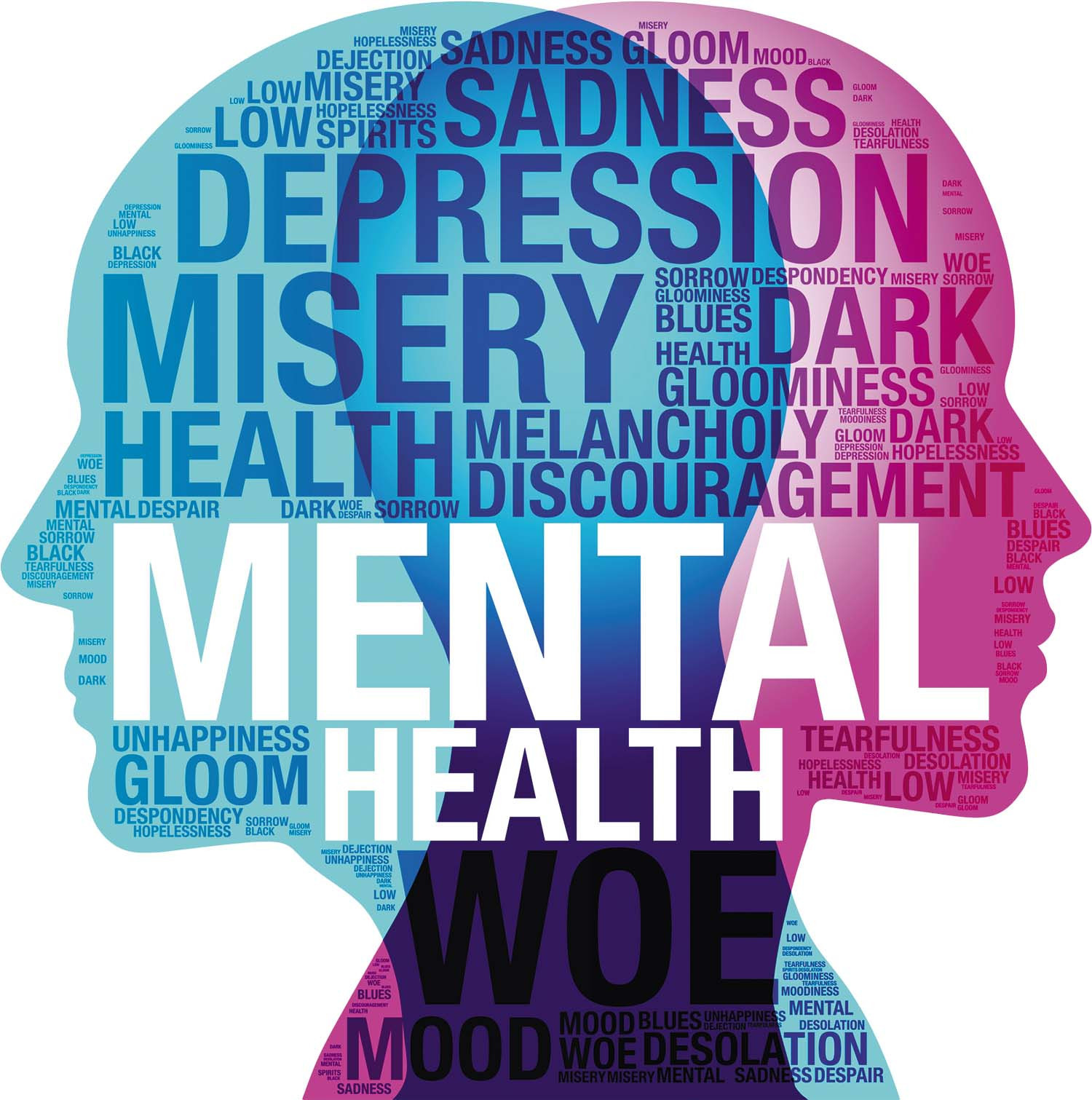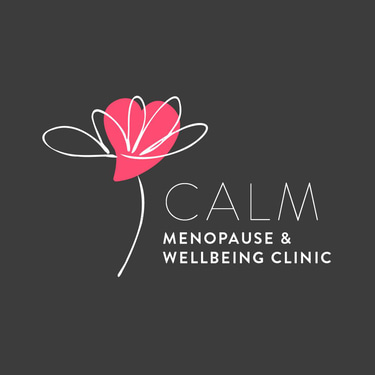Understanding Perimenopause and Menopause: Impacts on Women's Mental Health
5/11/20252 min read


Introduction to Perimenopause and Menopause
Perimenopause and menopause are significant phases in a woman's life, marking the end of the reproductive years. While these stages are natural, they often bring about a variety of physical and emotional changes that can greatly affect mental health. Understanding these changes is crucial for women to navigate this transition successfully.
The Stages of Transition
Perimenopause is the period leading up to menopause, typically occurring in a woman’s 30s to late 40s. This stage can last for several years and is characterised by irregular menstrual cycles, hot flashes, and mood swings. Following perimenopause, menopause officially begins when a woman hasn’t had a menstrual period for twelve consecutive months. The hormonal changes during these transitions can lead to various mental health challenges, including increased anxiety and depression.
Impact on Mental Health
Depression
Research shows that women are up to 2-4 times more likely to experience depression during the menopausal transition. The drop in oestrogen, progesterone and testosterone levels contribute to feelings of sadness, hopelessness, and loss of interest in previously enjoyable activities
Anxiety
Many women report a sudden onset of anxiety during perimenopause, even if they've never experienced it before. This may manifest as racing thoughts, panic attacks, or a constant sense of worry.
Sleep Disturbances
Insomnia and disrupted sleep - often due to night sweats - can significantly worsen mental health. Lack of quality sleep has been closely linked to mood disorders, irritability, and cognitive decline.
Cognitive Changes
"Menopause brain" is a term often used to describe memory lapses, trouble focusing, and mental fog. While these symptoms are usually temporary, they can be alarming and contribute to stress and self-doubt.
Research indicates that these hormonal changes may also exacerbate existing mental health issues or contribute to new ones. It is essential for women to recognise these changes and seek support, whether through medical professionals, counselling, or support groups.
A comprehensive approach to mental well-being during this phase includes addressing physical health, maintaining social connections, and seeking professional advice when necessary.
Strategies for Coping
While the transition through perimenopause and menopause can be challenging, there are several coping strategies women can adopt to maintain their mental health.
Talk to a healthcare Provider
Don't hesitate to bring up emotional symptoms with your doctor or nurse. They may recommend therapy, hormone replacement therapy (HRT), or medications like antidepressants if appropriate.
Therapy and Counselling
Cognitive-behavioural therapy (CBT) and other forms of counselling can f=help you manage anxiety, depression, and life changes associated with menopause.
Lifestyle Adjustments
Exercise - Regular physical activity boosts mood-enhancing endorphins and helps regulate sleep
Nutrition - A balanced diet rich in whole foods, fruits, vegetables, lean proteins, and healthy fats can positively influence mood, energy levels and brain health
Sleep hygiene - Establish a consistent bedtime routine, reduce screen time before bed, and create a restful sleep environment
Mindfulness and Stress Reduction
Practices like meditation, yoga, Pilates, and journaling can help you stay grounded and reduce emotional turbulence
Build a Support System
Talking openly to friends, family, or a support group can be incredibly healing. You're not alone, and shared experiences can provide comfort and perspective
Conclusion
Understanding the effects of perimenopause and menopause on women's mental health is vital for navigating this life transition. By recognising the challenges and adopting effective coping strategies, women can improve their mental well-being and embrace this new chapter with confidence. Seeking help from healthcare professionals can also provide tailored support for managing symptoms, ensuring a smoother transition through these significant life stages.
Contact:
website: calmmenopause.co.uk
Telephone: 07511039004
© 2024. All rights reserved.
email: vikki@calmmenopause.co.uk


